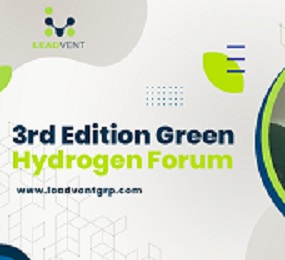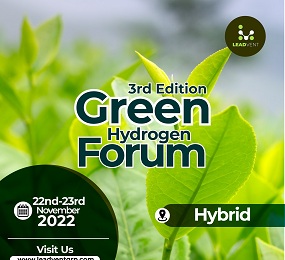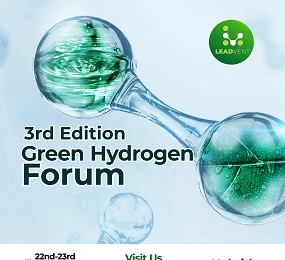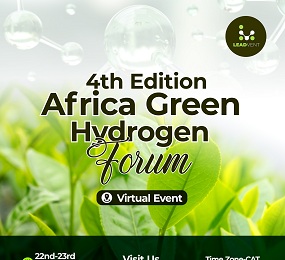The global push towards a sustainable future has ignited a race to develop clean and efficient energy solutions. Green hydrogen, produced from renewable energy sources, emerges as a key player in this transition. One of its most promising applications lies in the transportation sector, where it has the potential to revolutionize mobility and shipping.
Fuel Cell Electric Vehicles (FCEVs): A Silent Revolution
FCEVs have been steadily gaining traction, offering several advantages over battery electric vehicles (BEVs):
- Longer Range: FCEVs can travel significantly longer distances on a single refueling compared to BEVs.
- Rapid Refueling: Hydrogen refueling stations offer quick refueling times, similar to gasoline-powered vehicles.
- Zero-Emission: FCEVs produce only water vapor as a byproduct, contributing to cleaner air and reduced carbon emissions.
Recent technological advancements have further enhanced the performance and efficiency of FCEVs:
- Improved Fuel Cell Stacks: Higher power density and durability have led to increased vehicle range and performance.
- Advanced Hydrogen Storage Systems: More efficient and compact storage solutions enable longer driving ranges.
- Expanded Charging Infrastructure: The growing network of hydrogen refueling stations is expanding the availability of FCEVs.
Hydrogen-Powered Ships: Sailing Towards a Sustainable Future
The maritime sector, a major contributor to global emissions, is also embracing hydrogen as a clean fuel solution. Hydrogen-powered ships offer several benefits:
- Reduced Emissions: By replacing fossil fuels with hydrogen, ships can significantly lower their carbon footprint.
- Extended Range: Hydrogen-powered ships can operate on longer routes without refueling.
- Quiet Operation: Hydrogen-powered ships are significantly quieter than traditional diesel-powered vessels.
Challenges such as hydrogen storage and refueling infrastructure remain, but recent breakthroughs offer hope:
- Liquid Hydrogen: Storing hydrogen in liquid form can increase storage capacity and reduce transportation costs.
- On-board Hydrogen Production: Some ships are exploring technologies to produce hydrogen on board, reducing reliance on external refueling infrastructure.
The Road Ahead
While significant progress has been made, further technological advancements and supportive policies are necessary to fully realize the potential of green hydrogen in transportation. Continued investment in research and development, coupled with the expansion of hydrogen infrastructure, will be crucial in driving the adoption of these clean technologies.
As we navigate the path towards a sustainable future, green hydrogen-powered transportation emerges as a beacon of hope. By embracing these groundbreaking technologies, we can create a cleaner, quieter, and more sustainable world for generations to come.
To register or learn more about the Forum please check here: https://bit.ly/4cy6ijy.
For more information and group participation, contact us: [email protected]
















